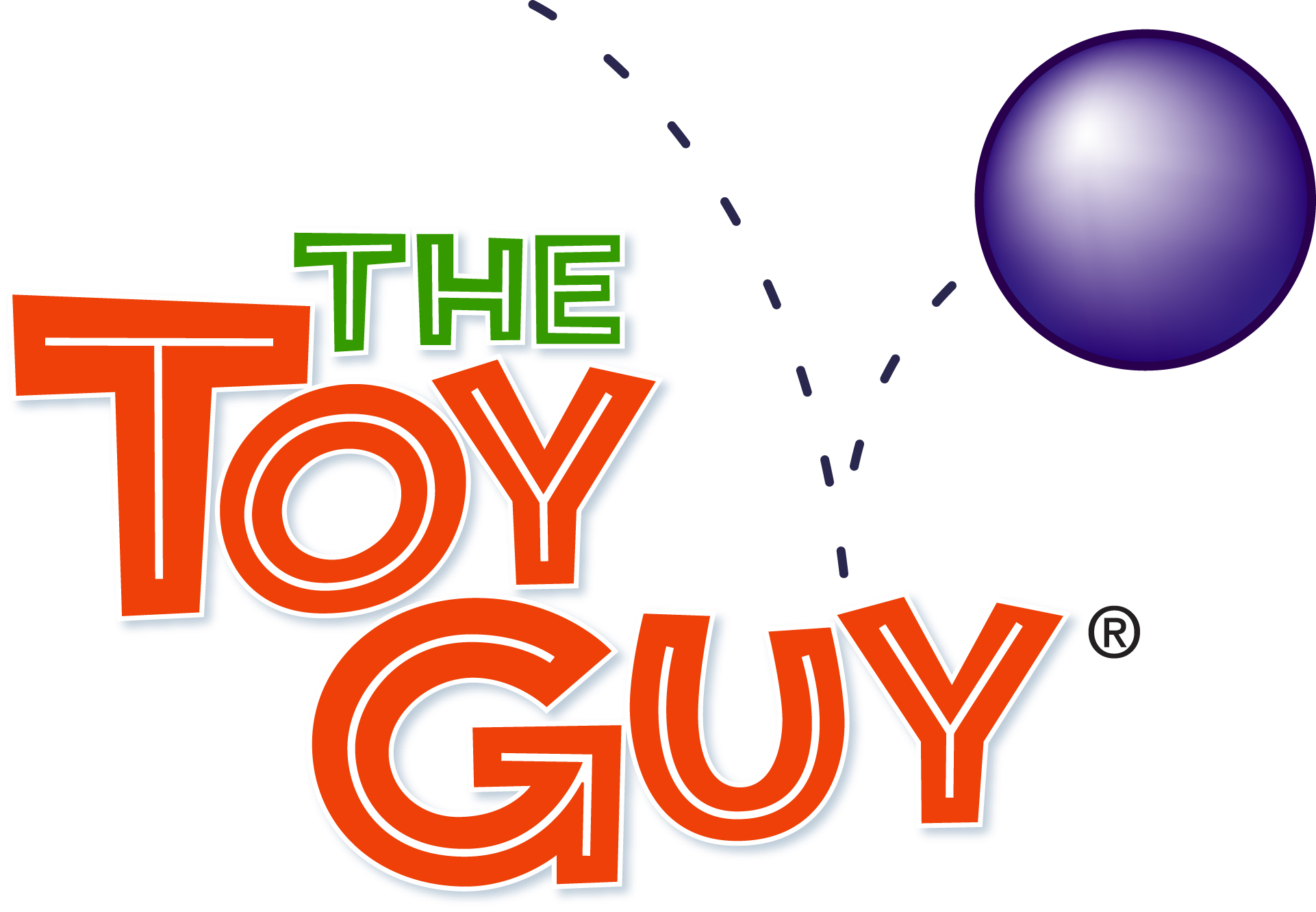
There is absolutely nothing “normal” about what our world is experiencing right now. Moreover, the idea that we are going to “return to normal” within the next few months is a fantasy. Unless and until COVID-19 is controlled and there is a safe and effective vaccine, we are not going to be able to resume life in communities. Virtually every attempt to return to normal, whether opening schools, public gatherings, indoor activities has led to an increased transmission of the virus. Mitigating spread is dominating, or should dominate, every conversation and every public policy decision. Sadly, it’s not, but even given all of this, there is reason to believe that we will get through it.
What emerges on the other side will be different. Given the dynamic nature of culture, “the new normal” will be very much an individual experience. At this writing, we have no idea what that will be, and I generally resist making predictions. Despite the fact that there are those who tell me, “make predictions, no one will ever hold you accountable if they don’t happen,” I think that is intellectually irresponsible, so no predictions here.
What we do know is that this global experience will have a profound impact on kids both in the near-term and longer-term. While we cannot know precisely what emotional and intellectual impact this time will have on developing kids, we do know that it will be formative in how kids perceive the world and their points of view about the world they are inheriting—and will ultimately run. There are many issues that will be transformed by this including education, civic engagement, work, family life, geography, and many more. These are not predictions. Rather, they are observations of what has been happening right in front of us in the recent months, and if we’re looking for guidance as to what may transpire in the future, we should look to the past.
What we are about to see is “generational trauma.” This is what happens when profound and catastrophic events shape sensibilities and resonate long beyond the time when the immediate crisis has passed. As we consider the post-COVID-19 world, it’s important to realize a couple of things. First, the world changed in an instant. We went from cruising along at a fairly complacent (though deeply flawed given the ongoing divisions and inequities in our culture) way to lockdown, fear and the threat of death hanging over every action we took in a matter of days. If that’s not traumatic, I don’t know what is. Second, and more importantly for kids, almost no one living had ever been through anything like this in their lives, certainly not parents. As a result, the people to whom kids look in times of stress and uncertainty had absolutely no frame of reference for this, no knowledge of what was happening, and no experience of how to get through something like this. Combined with the fires in the Pacific Northwest, racial tensions, and protests the upheaval of this time has created an ongoing feeling of uncertainty, which is scary and anxiety provoking…for everyone.
So, while we don’t know exactly what will happen, we do know that we will get through this, and the culture will be changed, probably for generations. The “generational trauma” mentioned above is what happens when cultural events shift perceptions and identities both on an individual basis and in the context of a society. Those shifts are internalized by children, shape their response to the world and are, in turn, passed on to their children. Thus, we had the generation that grew up in the Great Depression who passed many of their fears onto their children. I love to tell the story of a friend of mine who when cleaning out her mother’s attic after her mom had passed came across a box marked, “string too short to tie,” and indeed that’s what it contained. Getting through the Depression and World War II created the cultural environment of the 1950s, which certainly was not good for everyone, but created the myth of the halcyon suburban culture. That in turn was upended by the Vietnam conflict, and so on. The point is that each generation has formative events that shape a world view that is then passed on to the next generation. While subsequent generations do not have direct experience of the traumatizing events, they feel the effects of them in how they perceive and enter the world because it’s learned from their parents and their home—the most influential ways values are shaped.

It’s not all bad. We will get through this time, and, one hopes, learn from it. As John Heywood wrote in 1546, it is: “An yll wynde, that blowth no man to good.” (It is an ill wind that blows no man to good.) We have already seen positive developments out of this. Businesses are adapting. We are rethinking many entrenched values, and we are adapting. That’s what humans do; they adapt.
Let me just give you one example. After all the tooth-gnashing and garment-rending decrying of “screen time,” as damaging to kids from so many experts and educators, we suddenly have kids who are spending five or more hours a day sitting in front of screens for virtual school. It probably never occurred to anyone that as these young people were being conditioned to garner knowledge and information from screens, it would make them able to focus on a screen in a positive way. That is, of course, speculative, but if watching screens is learned behavior, it makes some sense. (For years I have maintained that it’s not the screen but what’s on it that matters for kids.) So, balance that with some good physical activity and in-person communication with family, and there is good being blown your way.
Given that we are all experiencing this differently, in the near-term the best suggestion I have is to listen to your kids. Let them express through language, play, art or other means what they are experiencing. How we feel in this time depends on the day and is changeable. Letting them know you’re there for them and validating their experiences—even the so-called negative emotions of stress, anger, and sadness—helps. If you can, focus on how what they’re learning can inspire action and a desire to change the world…after being changed by it. Be willing to play with ideas—and use imagination as an essential tool for getting through a challenging time.

